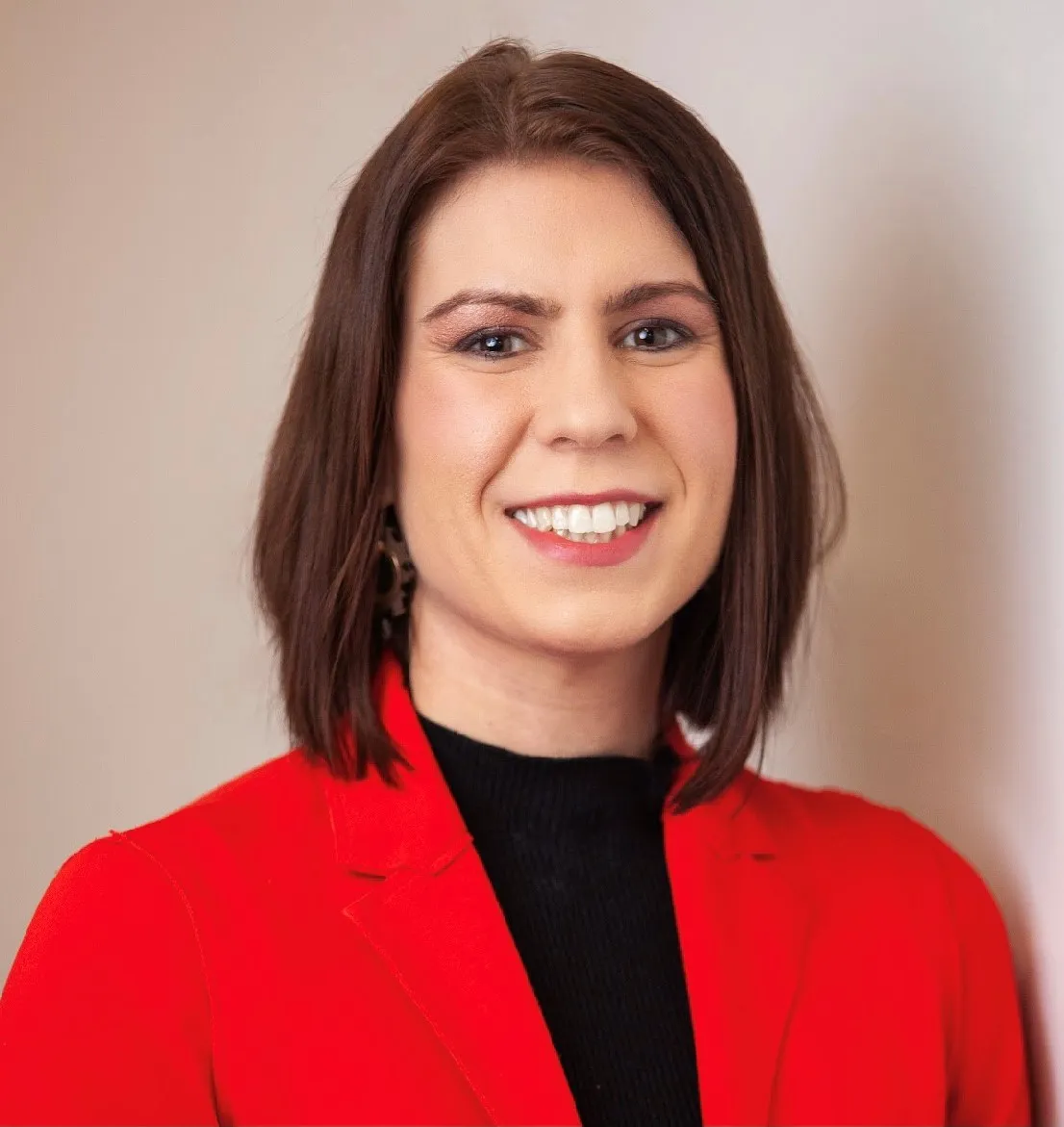Jessica Lynch is a legal analyst at VillageMD, a national physician services company. Views are the author’s own.
Close your eyes and picture what $100 million looks like. It could be in the form of cash or check, loosely piled in a room or neatly packed in briefcases. This is the vision that came to mind when I learned that Dupont’s legal team had created a legal recovery program that helped the company collect more than $100 million.
As a legal operations professional, I was intrigued and began to investigate exactly what a recovery program is. In short, it is efforts by the legal department to reduce costs and enhance liquidity for the business through the pursuit of recovery claims. Some examples of potential recovery claims include class-action lawsuits, secondary payer claims, contracts, and payer underpayments or denials.
I was fortunate to be in a legal department that is led by General Counsel Wendy Rubas, who brings a tremendous amount of knowledge and expertise in the area of recoveries.
Prior to my arrival at VillageMD, she had started the process of defining what a recoveries program would look like and the benefit of VillageMD forming one to pursue claims with the ultimate goal of bringing financial value to the company.
I have helped move forward the creation of such a program, and here are some key steps we have taken and lessons learned along the way.
Identify ownership
First, we had to identify the ownership of the program. Unlike defense work, recoveries required someone to be constantly tending the garden, pushing pulling and poking to keep things growing.

At VillageMD, the key responsibility to identify, pursue and recover claims is assigned to legal operations professionals.
As a legal operations professional, I bring a different set of skills to the work. Some of those skills include learning and developing best practices, as well as data literacy. My personal favorite is being a torchbearer for innovation. Wendy introduced me to her vision of the corporate recoveries program and together we began the process of building it.
Data collection
After we identified ownership, we had to build a system to house the data. I was able to utilize VillageMD’s matter management system to build out a log and track the categories of potential recovery areas. These areas included, payer contracts, vendor contracts, cash dash, never events, fraud waste and abuse, and opportunity categories.
I then set up weekly touch base meetings to go over progress, and once a month I created a report out for the team to track progress and identify trends.
I was fortunate to have a great technological platform to utilize, but even if the database had all the perfect information, and assisted in analyzing the data, I needed to build a formal structure of real-time tracking and have data literacy when reaching out to identify collaborators within the business and develop partnerships to pursue the claims.
Capturing all the data points allows the team to track and manage the recovery and set key performance indicators (KPIs) for future use.
Collaboration
Teamwork, coaching and hustle have been essential as we learn and develop best practices for VillageMD’s recovery program.
Department relationships and executive buy-in are essential to the team, and we as the legal department are working on behalf of our client to give them the best opportunity for success.
The hustle comes in not giving up when someone says no, as well as utilizing different approaches to collaborate and keep the program moving forward. This is the part of the role that is being the torchbearer for innovation. Having the ability to understand and show how recoveries can be beneficial to the company and coaching them through the process.
At the end of the day, it is simply good business, and the other side of the table will respect the company for reserving our legal rights.
Right mindset
Working through this process, I’ve learned a lot about the tactical steps to building a recovery program.
It also takes a certain attitude and disposition to be successful — and requires shifting the mindset of the leaders of the organization (and even some on the legal team) from conflict avoidance to a reservation of rights.
Mental performance training as applied to recoveries is setting healthy goals and managing the process of pursuing them in a productive way. If it is approached with an individual mindset, it will fail because that is not a scalable solution.
Putting my teamwork skills into action, I have identified a cohort of individuals who are in pursuit of the same goal and willing to collaborate and contribute to the recovery team effort. This has taken working hours, trial and error, data analysis and tracking, and quite a few “no thank you,” “thanks for reaching out,” and “best of luck” responses, both from internal and external folks.
This has not dissuaded my outlook and vision for the recoveries program; if anything, it has enhanced it and made each collaborative relationship a small victory to celebrate along the way.
Each company that attempts to build a program will have a different culture, organizational inertia, and implementation processes to develop and that is what makes each program unique.
In the development and implementation stages, it is important to have a relentless and repetitious mindset when approaching each of the recovery categories.
Constant follow-up, working off a list, utilizing legal operations professionals and weekly meetings have proven successful for VillageMD.
Recoveries is not for the faint of heart, and each pursuit or process is not going to be a win. As we look ahead to the future, we will continue to set program goals, but will have an advantage and be able to look back at the data we have collected and identify trends and outcomes to help the business identify what areas of recoveries produce the most value.
Conclusion
The concepts of legal operations and recovery programs are still newer in the legal industry, so it is fitting that they evolve together and corporations implement both into their legal departments and structure.
Legal operations is a growing field and can be a vital resource when creating recoveries programs and demonstrating its effectiveness. The intersection of law, business, and technology is where recoveries programs reside. The companies that can evolve swiftly and have the right mindset will be the first to benefit financially and operationally.


















